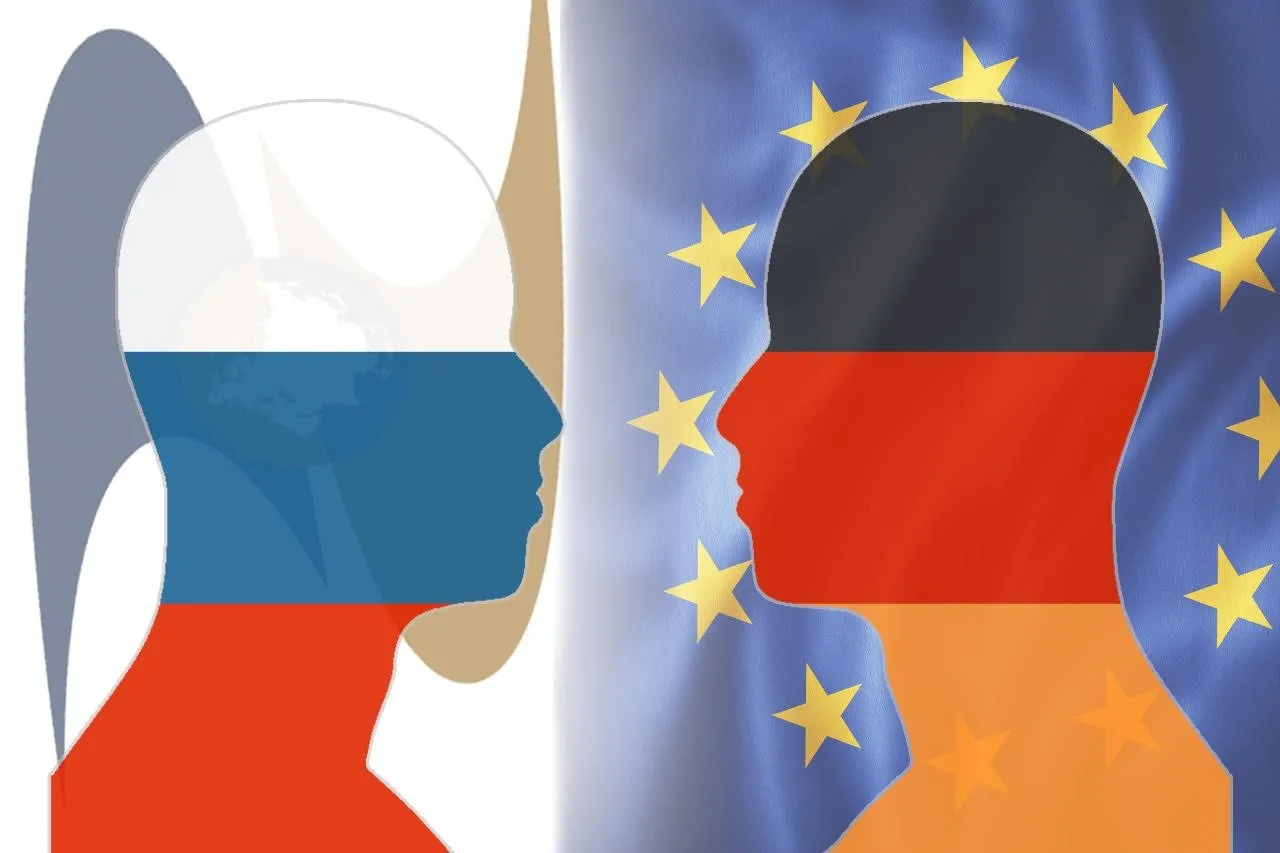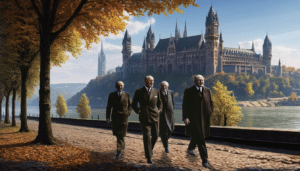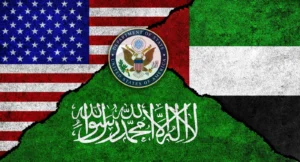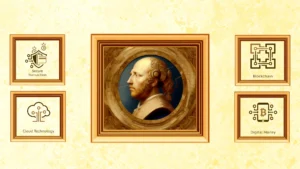Would Russia-Germany Interests Converge or Collide in Eurasia?
Several regional actors shape Eurasia’s geo-economic landscape today. Three of them are especially notable. Two of them are the European Union (EU), which by itself and its integration model act as a trade and economic magnet for many regional countries. Russia comes next with its ongoing Eurasian Economic Union (EAEU) integration efforts and vision for Greater Eurasia “from Lisbon to Vladivostok.” The third actor is China, which is already spreading far beyond the Eurasian continent with its progressing Belt and Road Initiative.
Despite going through a rather difficult period (Brexit, the refugee crises, etc.), the EU continues its evolutional development. Also, internal difficulties within the EU notwithstanding, the European integration model retains its attractiveness for many non-EU countries. Many Eurasian countries voluntarily adopt the EU technical standards, and the vast EU market appeal to many economies. In the 2010s, numerous integration and connectivity initiatives capable of changing geo-economic dynamics emerged in Eurasia. In September 2013, China announced its vision for Eurasia in the Silk Road Economic Belt (later transformed into Belt and Road Initiative). Moreover, in 2015, a new integration model for the Eurasian continent − the Eurasian Economic Union – emerged and began functioning as part of Armenia, Belarus, Kyrgyzstan, Kazakhstan, and Russia. The EU, Russia, and increasingly China are pre-eminent trade and economic partners for most Eurasian countries.
As for Russia, since the collapse of the Soviet Union and the establishment of the newly independent states in 1991, Moscow has seen the post-Soviet space as a sphere of its “privileged interests.” In the past decade, Russia has pursued several initiatives to consolidate its sphere of influence and position itself as a driver of regional integration processes in Eurasia.
In November 2010, on the eve of Vladimir Putin’s visit to Berlin, German daily Süddeutsche Zeitung published his article “From Lisbon to Vladivostok.” In the article, he proposed the creation of “a harmonious economic community stretching from Lisbon to Vladivostok” and the establishment of “a free trade zone or even more advanced forms of economic integration” in the future. [1] According to Putin, such efforts would lead to constructing a common continental market with a capacity worth trillions of euros. Putin also proposed close cooperation on industrial policy, a common energy complex, strengthening cooperation in education and exchanges, and a visa-free regime.








